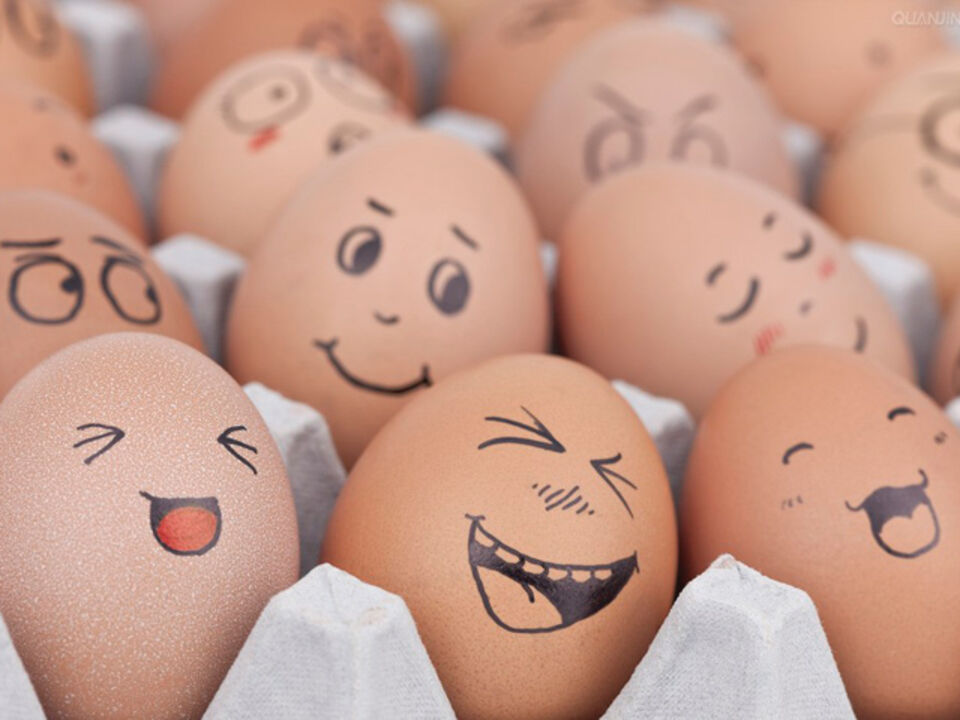Brainmatters | Choices, Choices
My local Albert Heijn offers a selection of 16 different types of eggs. In addition to quail eggs, they offer 15 kinds of hen’s eggs, including free-range eggs, EKO-eggs, 'Happy chicken' eggs (with 2 stars out of a possible 3, which begs the question what kind of chicken would score 3 stars out of 3: ecstatic chicken?), corn eggs, four grain eggs, grass eggs, biological (!) eggs, white eggs, etcetera.
Not to mention the variety of egg trays in different shapes and sizes, and available in plastic, recycled cardboard, and bio-degradable materials. Although the core assumption here is that more freedom of choice leads to a happier customer (at least two stars worth of happiness), we also know that too many choice options can lead to a paralysis of sorts. With just ‘eggs’ scribbled on my grocery list, I’m staring at the eggy overkill that is on display, trying to decide what to base my decision on.
Research has demonstrated that having a lot of choice options does not lead to greater satisfaction, but rather the opposite: a nagging doubt about whether one has chosen correctly, and feelings of regret about the options left unexplored. This is particularly true for so-called 'maximizers' - people who need to be assured that their every purchase or decision was the best that could be made. Maximizers also tend to have unrealistically high expectations of the outcomes of their choices, which almost certainly leads to disappointment. People who settle for “good enough” options, the so-called 'satisficers', do not worry too much about the possibility of a better option they may have missed. As a consequence, they experience less choice stress, and experience less regret afterwards. All this and more is described in The Paradox of Choice: Why More Is Less by the American psychologist Barry Schwartz.
Tomorrow, June 7, all bachelor students are expected to indicate their preferences in terms of the electives in their program. As a coach within the Psychology & Technology major I’m trying to add my five cents to the choice process students are faced with, although selecting from 87 coherent tracks, 10 USE-tracks and a host of individual courses is not an easy task. Many choices are impossible due to programmatic or logistic reasons, but still enough uncertainty remains. My advice: don’t worry too much about it. The perfect choice doesn’t exist (because how would you know you’ve made the perfect choice without having tried all alternatives?); the good enough choice does exist. And, paradoxically, this is what makes you happier in the end - certainly two stars worth, maybe even three... Brainmatters | Choices, Choices


Discussion